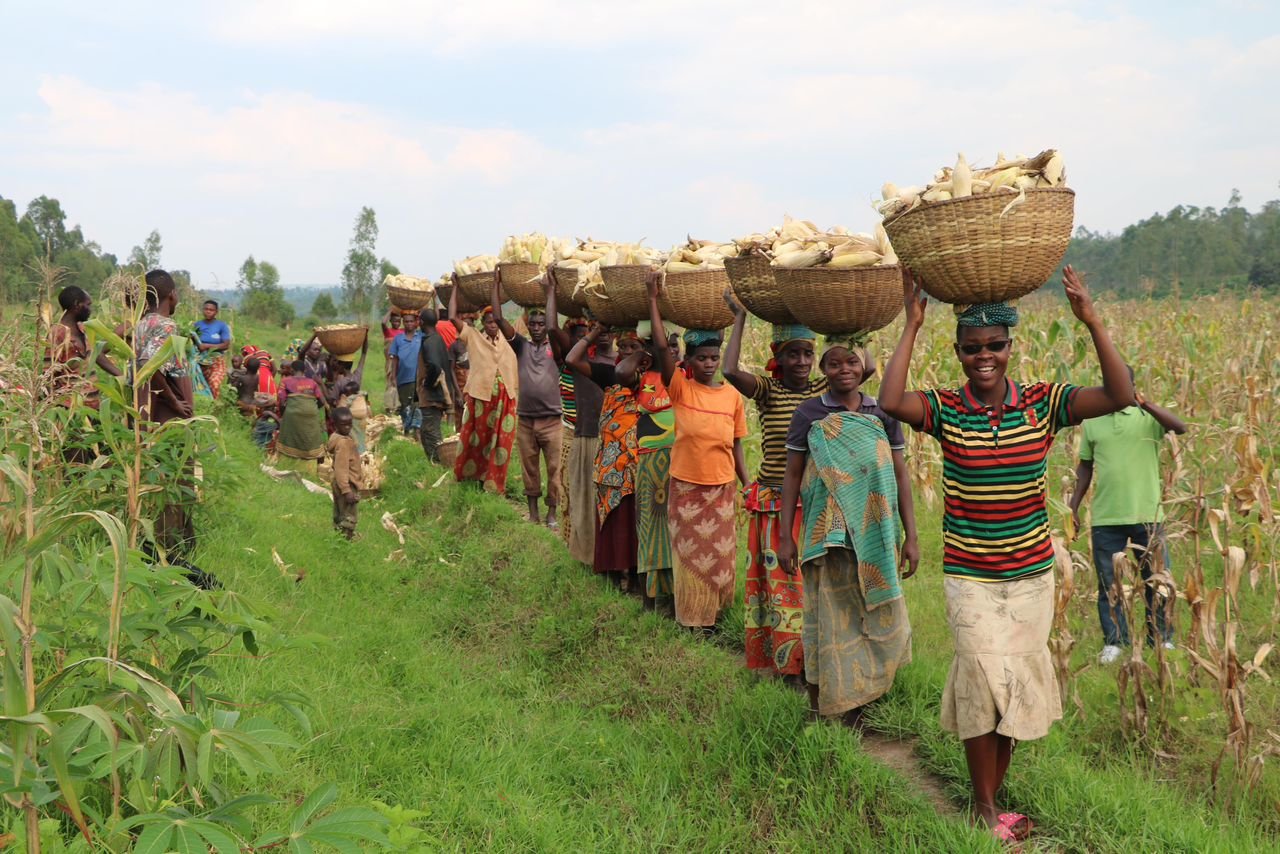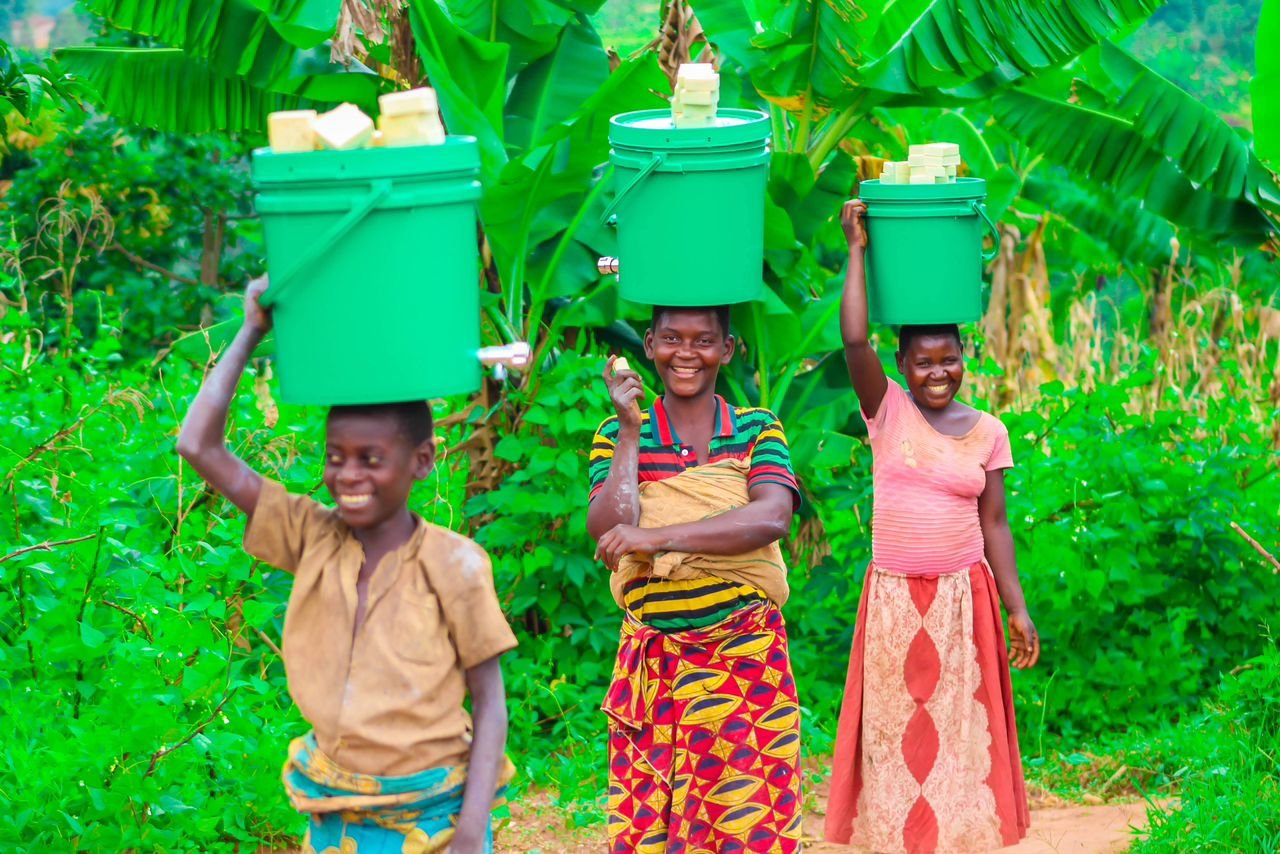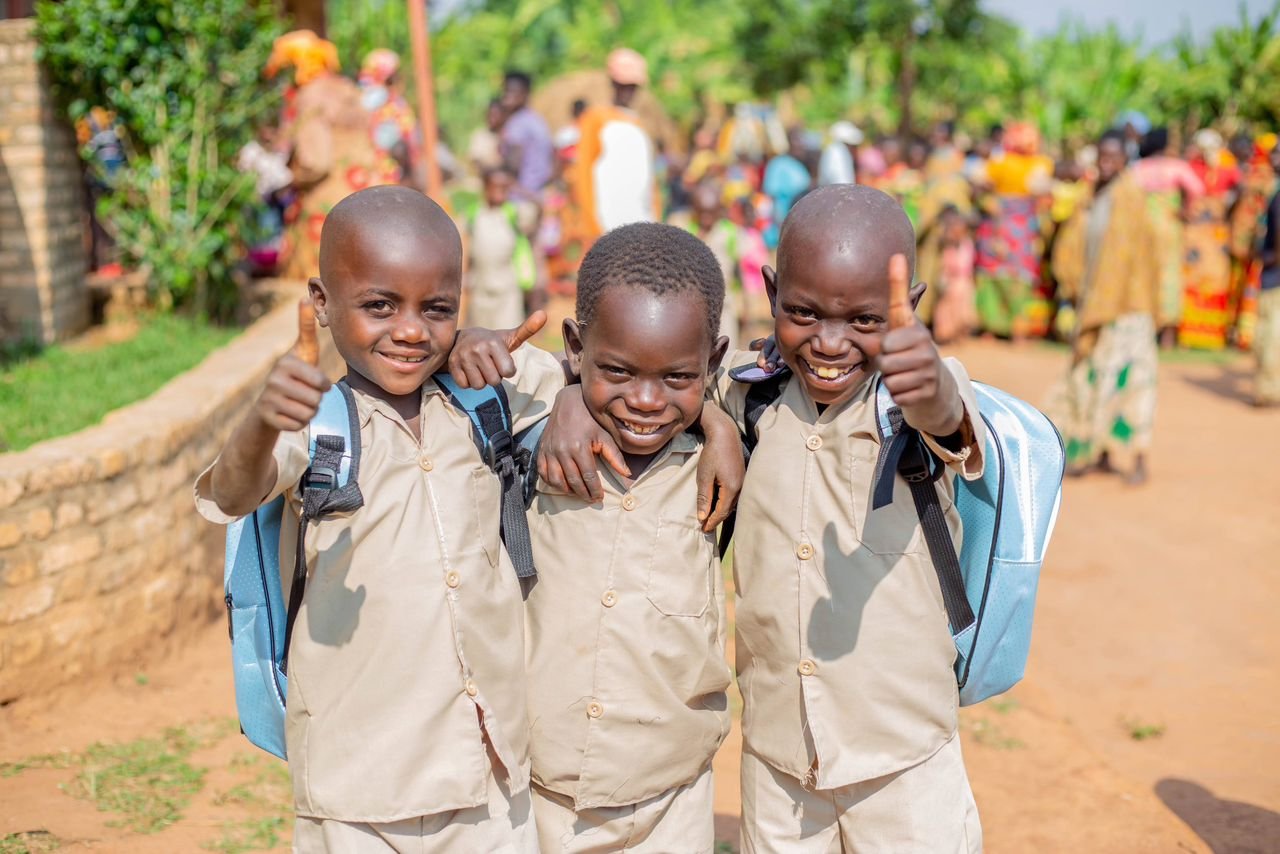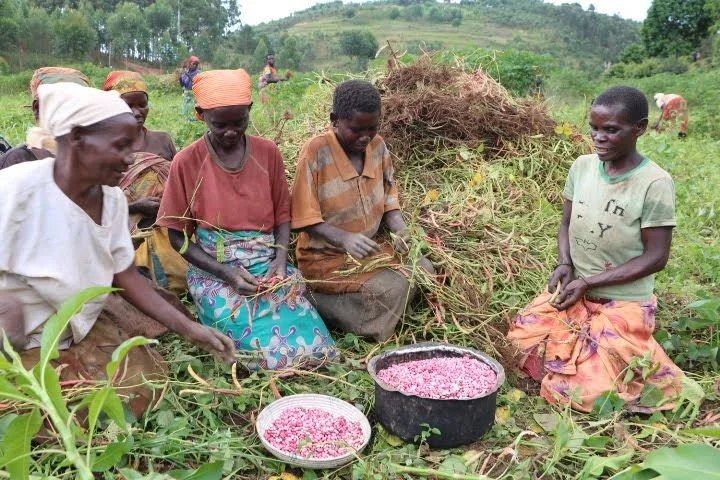
About Us
Our People, Our Land, Our Hope
The Batwa are the oldest people group in the country of Burundi and the surrounding Great Lakes Region.
Until recent decades, we practiced our traditional ways as forest dwellers, living on the resources of the ancient forests of East Africa. In the 1960s, Burundi suffered deforestation and the government claimed our ancestral lands. Gradually expelled from the forests where we once flourished, our people now face poverty due to systemic discrimination. We live as internally displaced peoples without land, without traditional means of self-sufficiency, and with limited access to formal education. Our challenge is not simply economic, but an embedded social stigma where they are considered lesser, and are therefore marginalized.
About Burundi
Burundi is a landlocked country in the Great Rift Valley at the junction between the African Great Lakes region and East Africa. It is bordered by Rwanda to the north, Tanzania to the east and southeast, and the Democratic Republic of the Congo to the west; Lake Tanganyika lies along our southwestern border. We are a country of about 8 million inhabitants, subdivided into three main ethnic groups: the Hutus (about 85%), Tutsis (about 13%) and Batwa (about 2%). This last component of Burundian society is a section of the indigenous peoples recognized as the oldest occupant of African tropical forests that cover almost all of Central Africa.
Burundi is a country whose recent history has been characterized by cycles of armed conflict between the two predominant ethnic groups, namely the TUTSI and the HUTU. The bipolarization of the Burundian national scene has been detrimental to the Batwa indigenous people, whose access to public services, education, health care, land and other fundamental freedoms remains well below national averages. The Batwa of Burundi suffer from marginalization, discrimination and extreme poverty, and are neglected in all areas of economic, social, political and cultural development.
Nevertheless, it is worth mentioning that Burundi is one of the few countries in Central Africa where the Batwa cause is increasingly emerging with hope.
Three members in each of its two chambers currently represent this community in Parliament. This representation of the Batwa of Burundi in Parliament is unique in the sub-region where we find other Batwa (Rwanda DRC Congo, Congo and Uganda) and deserves support even though it presents some critical aspects. The most relevant is that this representation of the Batwa is not guaranteed in other sectors of national life, particularly the economy, public service, etc.; the law on the organization of the municipal administration also does not guarantee representation of the Batwa and yet it is at this level that more efforts should be made.
Burundi remains one of the eleven-member countries of the United Nations General Assembly that abstained from adopting the UNDRIP (Declaration on the Rights of Indigenous Peoples, a legally non-binding resolution passed by the United Nations in 2007). While 144 voted in favor, 11 abstained (including Burundi), 4 voted against (Australia, Canada, New Zealand, United States of America). The Batwa and indigenous rights defenders have repeatedly and strongly recommended that the Burundian government formally support the UNDRIP, but the Burundian government has not responded to these requests.
About the Batwa
Among Burundians, the Batwa indigenous people (2% of the population) are the poorest and most marginalized people, often providing forced labor as means to survive. The pervasiveness of this discrimination is furthered by the fact that the majority of Batwa do not have National Identity Cards (ID) and are therefore not viewed as legal Burundian citizens (and are even considered to be sub-human by some), dramatically compounding our vulnerability. In Burundi, without an ID one cannot vote, pursue justice for crimes committed against them, own property, marry, use public transportation, access healthcare and education, and other services that offer protection, freedom, health, opportunity, and economic mobility. This exclusion from social services compounds the discrimination the Batwa face from other Burundians. Children born to parents without IDs are not given a birth certificate and so the cycle continues. Most Batwa have not had access to education and thus are unable to read and write, making navigating social and government systems a major impediment.
It is estimated that of the approximately 120,000 Batwa people in Burundi, approximately 90,000 lack legal ID.
Our Situation
Indigenous peoples face extreme poverty as they attach great importance to the land for our survival. The land is the embodiment and symbol of the cultural identity of indigenous people/ indigenous communities because the land protects our right to life and we cannot fully enjoy our cultural rights without the protection of our ancestral lands. Added to this is the fact that once indigenous peoples have been dispossessed of their lands, they are
automatically or even always unable to preserve their culture and even their language.
This is the first generation of Batwa Indigenous who have lost the knowledge from our original home in the forest. That’s why it’s absolutely critical that we do everything we can to make sure our human rights and our basic needs for food and shelter are fully met on farmable land that we can call our home. And not only this–we need the dignity and respect that human beings require to learn and innovate and create, so we can take our rightful place in society.
We have unique gifts to bring.
We might have been forced to leave the forest, but we still possess the beauty and strength of our original culture. Our songs, our dances, our poetry and our pottery are a gift wherever we live and to the whole world. May this be the generation where our children understand where they came from, who they are and where they belong.
We are deeply capable.
It’s our dream to not only survive, but to thrive in such a way that we can work and contribute in ways that are a benefit to all of Burundi. We believe that the Batwa people are capable of those kinds of contributions–especially in healthcare and other forms of leadership. We believe that this becomes more and more possible as we ourselves have greater access to quality education, training and other learning/development opportunities.
We are ready for change.
While the needs of the Batwa Indigenous are great in Burundi with a population of 120,000 growing strong, we are also uniquely positioned to demonstrate how problems can be solved systematically for people groups anywhere who are willing and ready to work collaboratively with partners who share our vision of wellness and contribution to the greater good. By focusing our efforts on making our model visible and gathering partners ready to support and share our story, we believe we can make great gains on behalf of the Batwa Indigenous and Burundi.
Strategic partnerships change everything.
We are actively seeking new partners who can support our work and trust our leadership in bringing the Batwa into greater health, stability and joy. We believe friendship and partnership are essential to achieve our dreams and accomplish our goals–especially around ID kits, farming and education. We are willing to collaborate with any and all who share our wish for our people to be well, happy and peaceful.
About Assejeba
Assejeba: Espoir Pour Les Jeunes Batwa (Hope for Batwa Youth) is the name of a group of indigenous leaders of the Batwa peoples living in Burundi, East Africa, founded in 2010 by Evariste Ndikumana. We work for the promotion of the rights of Batwa Indigenous (representing 2% of the population) in a number of areas: the right to our lands, to fair justice, to early childhood education, to the rights of citizenship including a National ID (National Identity Card), to marriage, legal assistance, creation of income-generating activities (agriculture, livestock and trades), to protect ourselves from infectious disease, to engage in healthy activities and to the promotion and celebration of Batwa culture.
Changemaker Evariste Ndikumana and his team desire international and governmental recognition of both the indigenous identity of Batwa, and the room and right for them to be accepted in and contribute to society. We are proud to see Burundi become a more vibrant democracy as Batwa people receive legal recognition and can be represented and participate in political processes.




